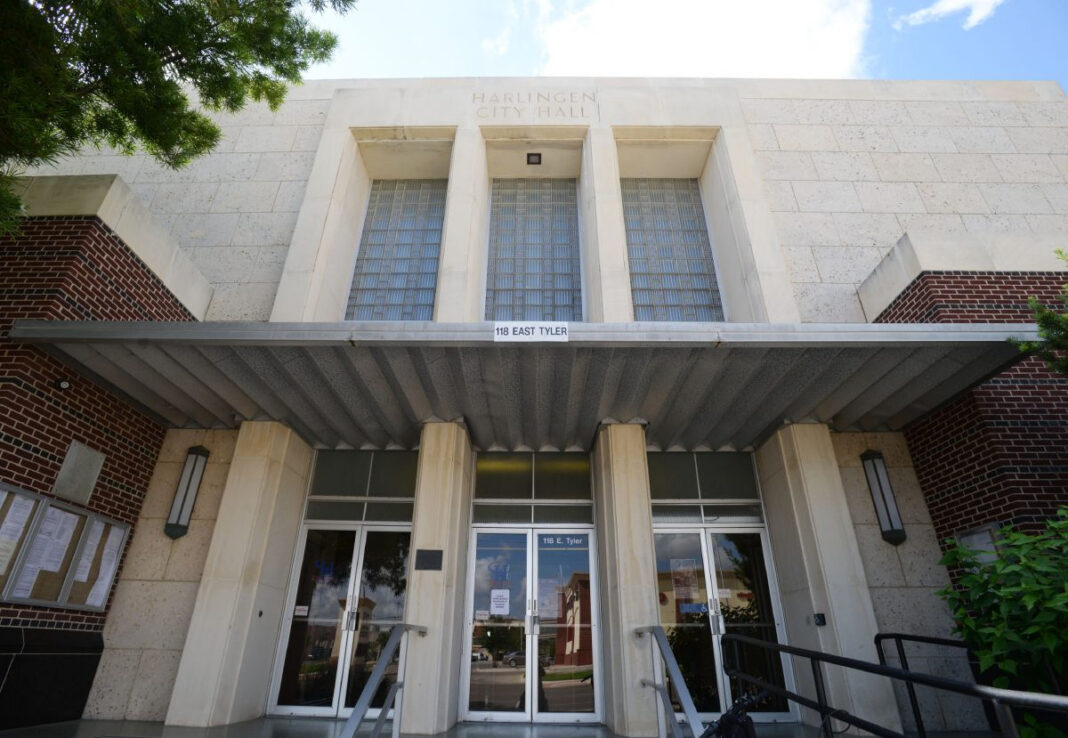|
Only have a minute? Listen instead
Getting your Trinity Audio player ready...
|
The Harlingen animal shelter’s “deplorable condition” is leading city officials to push back its re-opening until next week, Assistant City Manager Josh Ramirez said.
Officials were planning to re-open the shelter this week but extensive repairs led them to hold off three weeks after taking over operations following their decision to terminate the city’s 35-year contract with the Rio Grande Valley Humane Society, he said.
“We’re finding out there are much more repairs than we anticipated,” Ramirez said. “They left the shelter in deplorable condition so we’re really hoping for next week.”
Now, officials are counting on re-opening the shelter “by Monday or mid-week,” he said.
Since 1988, the Humane Society, under its former name, the Harlingen Humane Society, had operated the shelter.
Then on Jan. 19, city officials took over operations a month after terminating the Humane Society’s $400,000 annual contract, claiming the “no-kill” agency breached its agreement when it refused to take in residents’ pets along with some animal control officers’ intake requests.
Last month, commissioners pulled $365,937 from the city’s general fund budget to foot the payroll for an 11-member staff which will run the shelter, with Shannon Harvill, the city’s environmental health director, overseeing the operation.
“We’re looking forward to a new beginning,” Ramirez said. “It’s going to be fantastic.”
Earlier this week, commissioners set the shelter’s animal adoption fees while hiring a veterinarian to oversee medical services.
While officials will be charging residents $58 to adopt dogs, commissioners set fees for cats at $46, planning to release animals after tests, vaccines and microchipping.
For residents taking animals to the shelter, officials will be charging $20 for dogs and cats while boosting fees to $40 for litters.
During a meeting, commissioners set rates below the Humane Society’s fees, which include $102 to adopt dogs and $76 for cats, along with those charged by the Brownsville animal shelter and the Palm Valley Animal Society, Harvill said during Wednesday’s meeting.
“We would still be the lowest,” she said.
Meanwhile, commissioners entered into a six-month contract paying $1,248 monthly with Robert Kellogg, a retired Harlingen veterinarian who co-founded the Humane Society during his 40-year career.
“Dr. Kellogg’s expertise will also be useful in the unfortunate times that euthanasia may be necessary to prevent the suffering of an animal or to prevent public health and safety (risks),” Harvill told commissioners.
As part of the contract, Kellogg’s agreeing to work from eight to 25 hours or more a week, Harvill said.
“Knowing him as long as I have, I have no doubt that he’ll do what’s needed, so if over 25 hours is needed, he will definitely be willing to help us with that,” she said. “He was also a founding member of the Humane Society so the homeless animal population does have a special place in his heart.”
At the podium, Kellogg told commissioners he’s taking the job to help the shelter during its transition.
“The situation had grown so sour recently that I think any of us that can help do some course correction to have the shelter back to being part of the community, besides the medicine of it, would help out a lot,” he said.
During discussion, Mayor Norma Sepulveda told Kellogg his experience would help the shelter’s staff along with Harlingen school district students enrolled in a veterinary program.
“You have been an individual that has resided here in our community for many, many years and contributed to this cause and so we are very fortunate that you have offered to (give) of your time to assist in this transition of the Harlingen animal shelter to have a vet on site to be able to educate and impart your knowledge on these young folks that are super-eager,” she said.
Now, officials are negotiating a contract with a second veterinarian to offer spay and neutering services, Harvill told commissioners.
As part of a program, officials are planning to cite residents who fail to spay and neuter adopted animals, she said.
“Ideally, you would want to get them done prior to release, but if push comes to shove and we have to release them without it, they will be signing that contract and they will be notified that we will follow up,” Harvill said.




